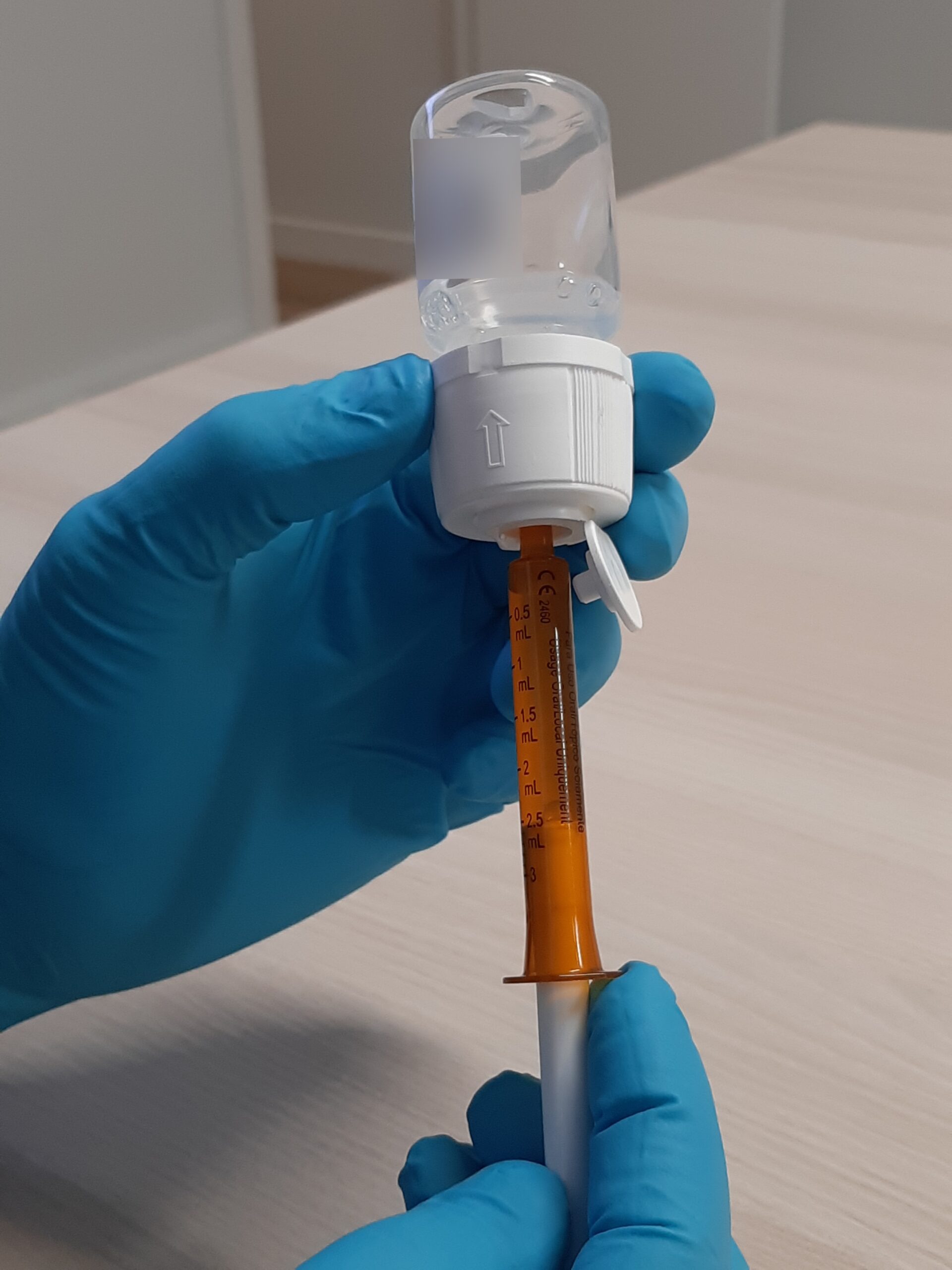Share this post:

Liège, Belgium, May 30, 2017 – Imcyse, who develop active specific therapies for the treatment and prevention of severe chronic diseases, today announces that the Belgian and British regulatory authorities have authorized the launch of a multicenter Phase 1b clinical trial in insulin-dependent (type 1) diabetes.
The trial receives European funding under the EXALT program supported by the European Union’s Seventh Framework Program for Research and Technological Development. It is being conducted in collaboration with the French National Institute of Health and Medical Research (INSERM) in Paris, France, and a total of 18 clinical sites in five European countries (Belgium, France, Germany, the UK and Denmark). The trial is recruiting patients with insulin-dependent (type 1) diabetes diagnosed within six months prior to their inclusion.
Imcyse’s unique, innovative Imotopes™ technology actively and specifically blocks the immune cells involved in destroying the insulin-producing beta cells in the pancreas. Treatment with a specific Imotope has the potential to disrupt the undesirable immune response that drives the process of destruction of the pancreas.
Imotopes are specific modified peptides that induce a new type of T-cell. Known as cytolytic T-cells, they can kill the immune cells involved in the destruction of the insulin-producing cells within the pancreas. Preclinical studies showed a prolonged effect after just a few subcutaneous injections.
“Imcyse has developed a uniquely innovative technology that appears particularly suitable for type 1 diabetes,” said professor Christian Boitard, head of the Inserm Unit U1016 and head of diabetes medicine at Cochin Hospital (Paris, France) and the trial’s principal investigator. “An Imotope therapy that could be used to treat the very early stages of diabetes or prevent its onset would be a major breakthrough for patients and for public health.”
“The start of the clinical trial for this product is a major milestone for Imcyse and a recognition by the regulatory authorities of the quality of the data generated by our team,” said Pierre Vandepapelière, CEO of Imcyse. “Imcyse aims to develop treatments to halt the disease process when the first signs of autoimmune disease emerge, thereby preventing the development of the disease and the onset of complications.”
The incidence of type 1 diabetes is rapidly increasing, with the disease increasingly occurring in younger children. It affects more than 40 million people worldwide. Currently, the only available treatment is to control the blood glucose level with multiple daily insulin injections.
The results of the trial are expected at the end of 2018. Imcyse is also preparing for a clinical trial in multiple sclerosis, to start in 2018.
About Imcyse
Imcyse develops active targeted immunotherapies to treat and prevent severe chronic diseases caused by disruptions of the immune system.
The company’s unique active immunotherapy technology platform allows to locally destroying the immune cells involved in the destruction of the diseased organ. This platform is based on the administration of Imotopes™, which are specific modified peptides, allowing for the generation of a new type of T-cells, called cytolytic CD4 T cells. The effects of the Imcyse approach that are sustained overtime help to prevent and treat diseases with no current therapeutic alternative and to cure the patient without impairing its immune defenses.
The company has established proof of concept and is launching its first clinical trial in type 1 diabetes, in five European countries.
Other projects, which address multiple sclerosis and rheumatoid arthritis, are at preclinical and proof-of-concept research stages, respectively.
Founded in 2010, Imcyse is a spin-off from the Katholieke Universiteit Leuven (KUL), Belgium. The company is based near the Belgian city of Liège. It is managed by a small group of pharmaceutical industry experts. Imcyse has already raised a total of €20 million from private and public investors.
To download documents, you can right-click on the links above and chose « Save link as… »




